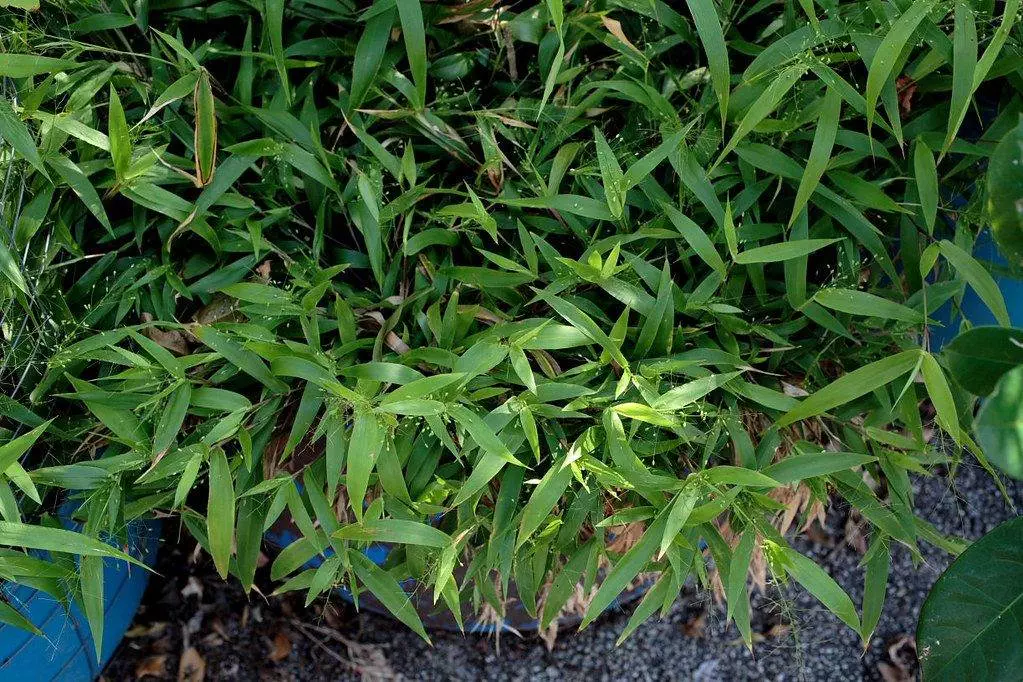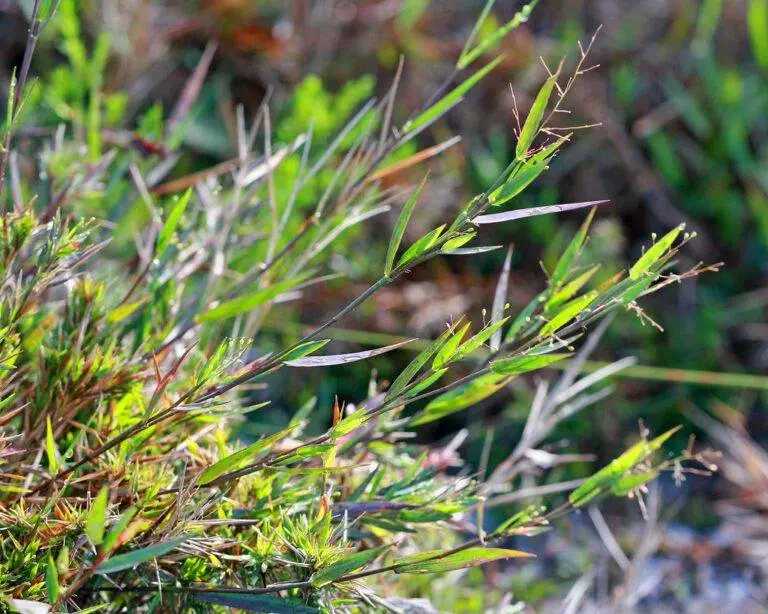Introduction
Louise Glück, a renowned American poet and recipient of the Nobel Prize in Literature, is known for her incisive explorations of nature, mythology, and the human condition. “Witchgrass,” from her 1992 collection “The Wild Iris,” exemplifies her ability to imbue the natural world with voice and agency. This poem, narrated from the perspective of the titular witchgrass, delves into themes of resilience, human hubris, and the eternal struggle between nature and cultivation.
Table of Contents
Through its deceptively simple structure and rich metaphorical language, it challenges readers to reconsider their relationship with the natural world and their own preconceptions about order and value. This analysis will explore how Glück’s masterful use of persona, imagery, and allusion creates a powerful commentary on human nature and our often misguided attempts to control our environment.
Brief Summary
It is a free verse poem narrated by the witch grass itself, a plant often considered a weed. The speaker addresses a gardener, challenging their hatred and attempts to eradicate it. The witch grass asserts its resilience and longevity, contrasting itself with the fragile cultivated flowers that die regularly. It criticizes the gardener’s need to find an enemy and lay blame, suggesting that this attitude stems from a fear of disorder and an inability to accept the natural cycle of life and death. The poem concludes with the witchgrass declaring its primacy and permanence in the face of human efforts to control nature.
The Voice of the Oppressed
Glück’s choice to give voice to witchgrass, a plant often maligned as a weed, immediately sets up a compelling narrative perspective. It speaks with a mixture of defiance and world-weary wisdom, challenging the gardener’s prejudices:
“If you hate me so much don’t bother to give me a name: do you need one more slur in your language, another way to blame one tribe for everything—”
This personification allows Glück to explore themes of marginalization and scapegoating. The witchgrass becomes a stand-in for any group or individual that society deems undesirable or threatening. By giving voice to the voiceless, Glück forces readers to confront their own biases and the often arbitrary nature of what we consider valuable or dispensable.
Nature’s Resilience vs. Human Fragility
A central theme of the poem is the contrast between the enduring strength of nature and the fragility of human constructs. The witchgrass points out the regular death of the gardener’s “precious flowers,” highlighting the futility of human attempts to control nature:
“One of your precious flowers dies here almost every day and you can’t rest until you attack the cause, meaning whatever is left, whatever happens to be sturdier than your personal passion—”
This passage underscores the resilience of the witchgrass compared to the cultivated flowers. It suggests that what humans often value most is often the most delicate and short-lived, while what we dismiss as weeds may be the most enduring. This theme challenges readers to reconsider their values and their relationship with the natural world.
The Illusion of Control
Glück uses the gardener’s futile efforts to eradicate the witch grass as a metaphor for humanity’s broader attempts to control nature. It mockingly observes:
“It was not meant to last forever in the real world. But why admit that, when you can go on doing what you always do, mourning and laying blame, always the two together.”
This passage highlights the human tendency to deny the impermanence of things and our often misguided efforts to impose order on the natural world. The poem suggests that acceptance of nature’s cycles would be healthier than the constant struggle against inevitable change and loss.
Literary Techniques in “Witchgrass”
Glück employs several powerful literary techniques to enhance the poem’s impact:
- Personification: By giving voice to the witchgrass, Glück creates a compelling narrator that challenges human perspectives.
- Irony: The poem is rife with irony, particularly in how the “weed” is portrayed as wiser and more enduring than the cultivated plants.
- Allusion: The title “Witchgrass” itself alludes to historical witch hunts, adding depth to the themes of persecution and scapegoating.
- Free Verse: The lack of a formal rhyme scheme or meter reflects the wild, untamed nature of the grass itself.
These techniques work together to create a multi-layered poem that invites multiple interpretations and deep reflection.

Critical Reception and Impact
The poem is considered one of Glück’s most accessible yet profound poems. Critics have praised its ability to challenge readers’ perspectives on nature and human behavior. The poem has been widely anthologized and is often taught in literature courses as an example of effective use of persona and metaphor in contemporary poetry.
The poem’s themes of resilience in the face of adversity and the questioning of societal norms have resonated with readers across various contexts. Its exploration of human attempts to control nature has gained renewed relevance in light of growing environmental concerns.
Conclusion
The Poem stands as a testament to Louise Glück’s ability to find profound meaning in the seemingly mundane aspects of nature. Through the voice of a despised weed, she challenges readers to reconsider their relationship with the natural world and their own tendencies towards control and blame. The poem’s enduring power lies in its ability to use a simple gardening metaphor to explore complex themes of resilience, prejudice, and the human condition.
By giving voice to the voiceless and challenging our preconceptions, the poem encourages us to look beyond surface appearances and value the resilience and persistence found in unexpected places. In an age of environmental crisis and social upheaval, Glück’s poem serves as a poignant reminder of nature’s enduring strength and the often misguided nature of human attempts to impose order on the world around us.



1 Comment
Pingback: The Island of Missing Trees: A Deep Dive into Elif Shafak's Masterpiece LitGram by MukeshRishit